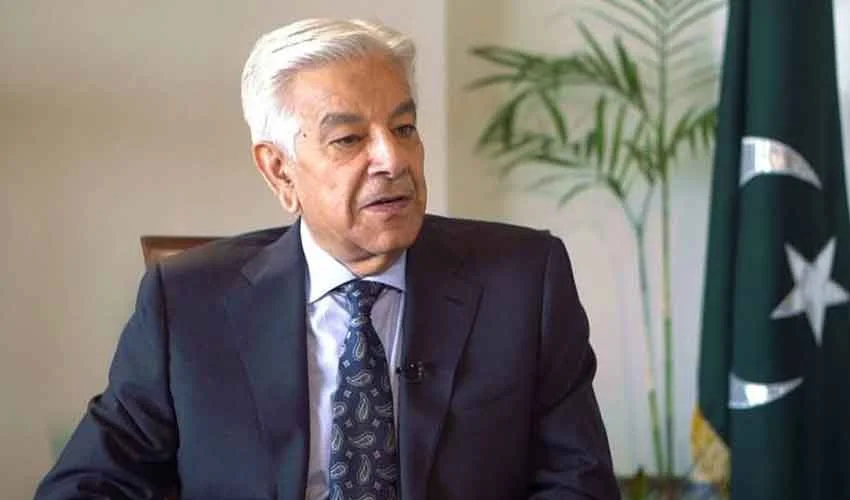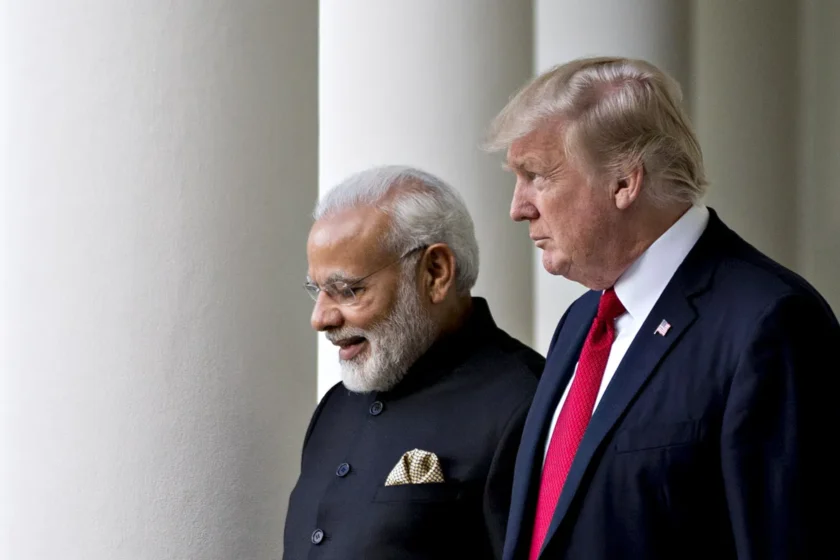Islamabad, Pakistan – Following a series of precise and impactful strikes by Indian armed forces under “Operation Sindoor,” Pakistan appears to be recalibrating its stance after initial threats of strong retaliation. The Indian military operation successfully targeted and eliminated nine key terrorist infrastructure sites within Pakistan and Pakistan-occupied Jammu and Kashmir (PoJK), including alleged headquarters of Jaish-e-Mohammed (JeM) and Lashkar-e-Taiba (LeT), reportedly resulting in the deaths of approximately 90 terrorists.
Despite earlier bellicose rhetoric that included veiled threats of nuclear conflict and vows of a forceful response, top Pakistani officials are now signaling a more cautious approach. Pakistan’s Defence Minister Khawaja Asif, who initially alleged that India had targeted civilian areas from its own airspace and promised a “befitting response,” has significantly softened his tone.
In a televised interview following the Indian operation, Asif stated, “We will defend ourselves. If India does not conduct any further action, we will also not do anything.” This statement marks a notable shift from the aggressive posture adopted immediately after the strikes were reported.
Prime Minister Shehbaz Sharif had also previously asserted Pakistan’s “right to respond forcefully” to any “war imposed by India.” Similarly, the military’s ISPR Director General, Lieutenant General Ahmed Sharif Chaudhury, confirmed the Indian airstrikes in areas like Bahawalpur, Kotli, and Muzaffarabad, promising retaliation at a time and place of their choosing. However, the subsequent remarks from the Defence Minister suggest a potential reassessment of Pakistan’s immediate options.

Sources within India indicate that “Operation Sindoor” was a carefully planned and executed response to the deadly terror attack in Pahalgam, Jammu and Kashmir. The precision strikes, avoiding Pakistani military installations, seem to have conveyed a strong message while leaving an avenue for de-escalation, which Pakistan now appears inclined to take.
The apparent shift in Pakistan’s rhetoric, moving from immediate threats of retaliation to a conditional stance of non-action, highlights the potential impact and effectiveness of India’s military operation. While the long-term implications remain to be seen, the immediate aftermath of “Operation Sindoor” has undeniably placed Pakistan on the backfoot, prompting a reconsideration of its response strategy in the face of India’s assertive counter-terrorism measures.









